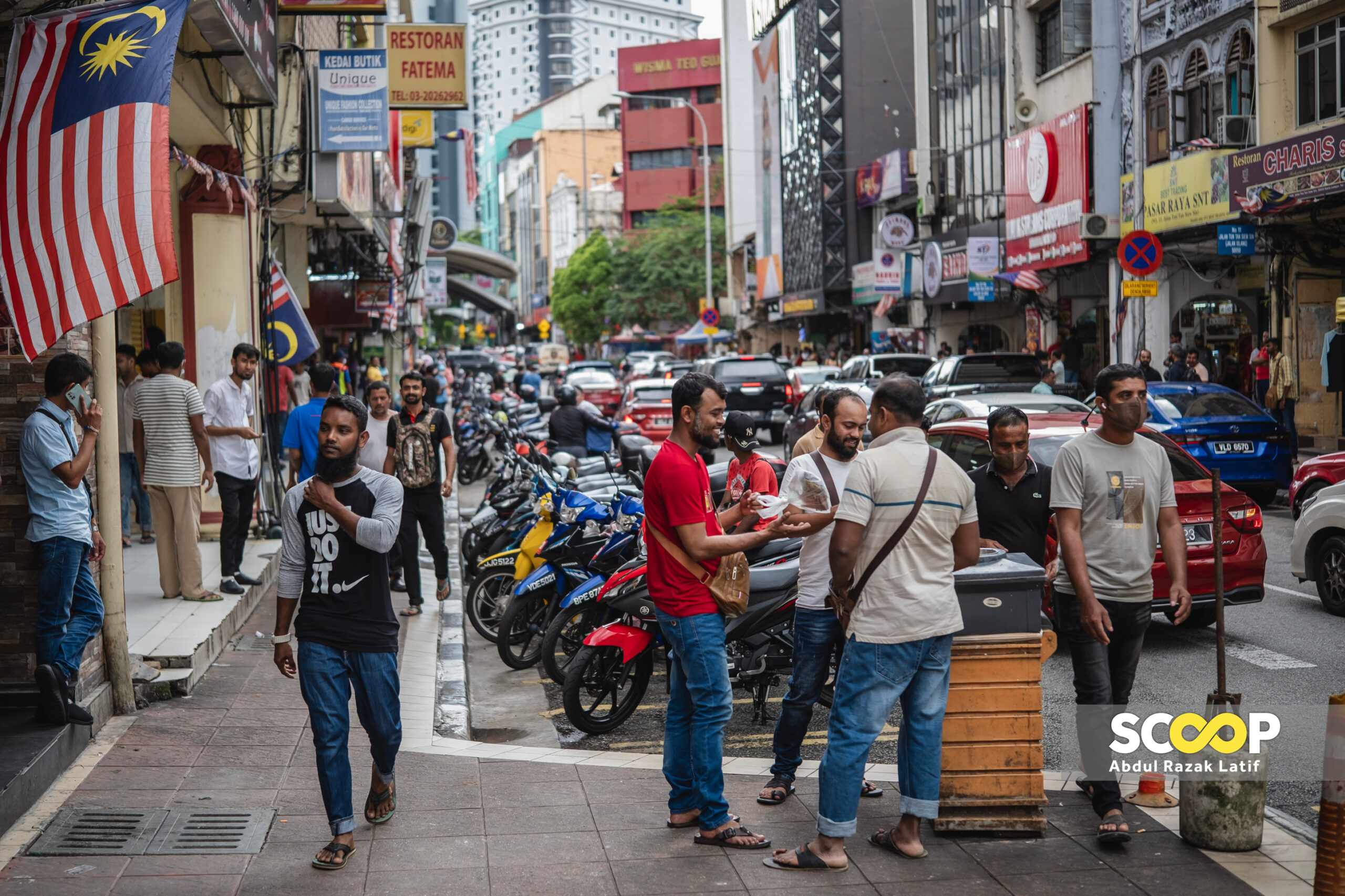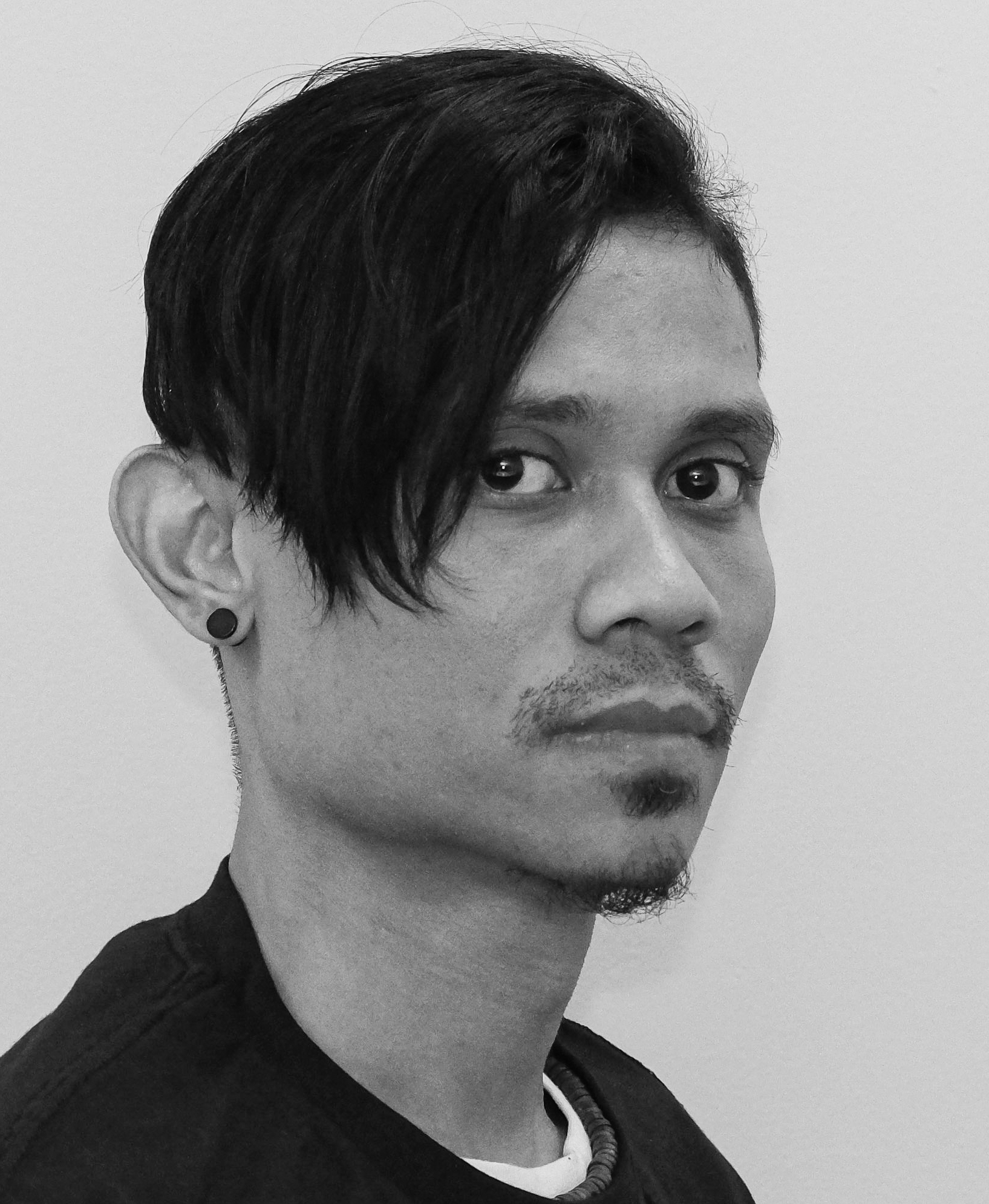KUALA LUMPUR – Human rights advocates and civil society groups have welcomed the government’s proposal to allow refugees to work legally in Malaysia but cautioned that the policy must be implemented efficiently and without unnecessary delays.
The move, which is still under review, has been described as long overdue by Chairperson of CSO Platform for Reform and former Human Rights Commission of Malaysia (Suhakam) commissioner Jerald Joseph, who emphasised the urgent need for a legal framework to enable refugees to contribute to the workforce.
“This is long overdue because Malaysia is in need of human resources across all industries. We have a ready, willing, and hardworking refugee community that is not here for a free ride but is forced to flee their country. The right to work is closely linked to the right to life, and allowing them to work legally ensures their livelihood,” he told Scoop.
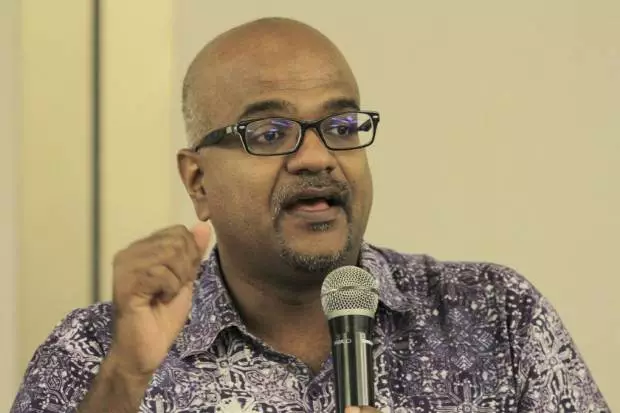
Joseph also pointed out that Malaysia could benefit from utilising refugees already registered with the United Nations High Commissioner for Refugees (UNHCR), rather than recruiting foreign workers from other countries.
“The UNHCR system is already in place, and these individuals can be accounted for. This move enhances national security by reducing the number of undocumented workers. However, the government has been discussing this for years. The civil service must fast-track the process rather than prolonging the suffering of refugees and ignoring Malaysia’s labour demands,” he said.
Prominent activist Tan Sri Lee Lam Thye, however, warned that the policy must be carefully assessed to ensure it does not come at the expense of unemployed Malaysians.
“While there is nothing wrong with showing kindness and compassion to refugees, the government must always prioritise its own people first. Charity must begin at home. Given the current state of unemployment in the country, I believe the priority should be helping Malaysians secure jobs first,” he said.
Lee acknowledged that Malaysians are generally compassionate and that the government has shown a commitment to assisting refugees. However, he suggested that there are other ways to support them besides granting legal employment.
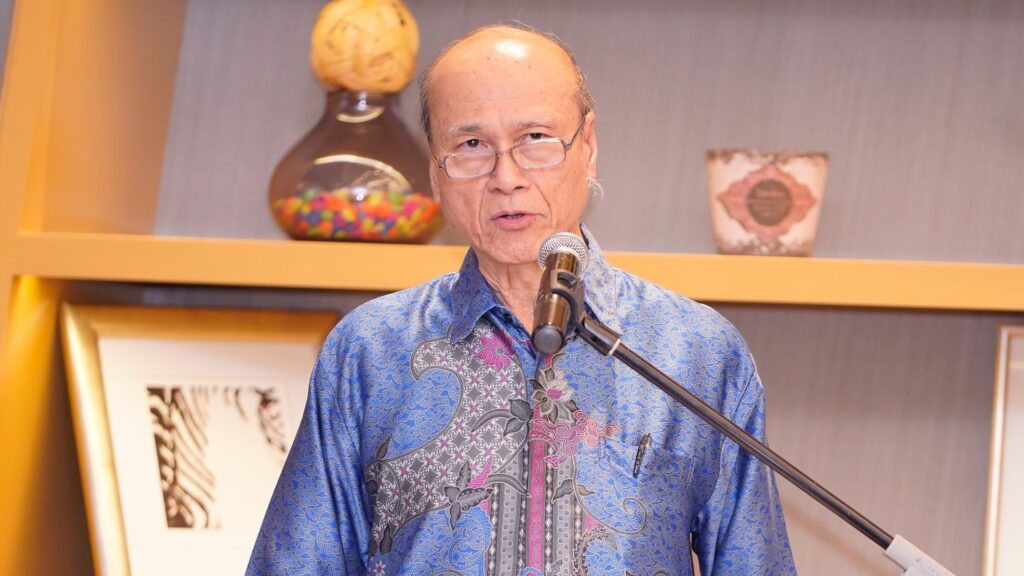
Meanwhile, North-South Initiative executive director Adrian Pereira expressed scepticism about the government’s ability to implement the policy effectively, pointing out past failures and the lack of a legal framework for refugees in Malaysia.
“This has been piloted before, but those involved did not execute it properly. The root of the problem is that Malaysia lacks a legal framework for refugees and the political will to protect them. Without a clear legal basis, refugees remain in the same category as irregular migrants, making it difficult to ensure their rights are upheld,” he said.
Pereira also criticised the government’s previous handling of refugee workers, citing the removal of refugees from wholesale markets during the COVID-19 pandemic as an example of the lack of consistency in policies.
“The government must take International Labour Organisation (ILO) standards into account. If they fail to do so, they risk accusations of modern slavery. People have the right to choose the kind of work they want. The refugee community has adapted to certain types of jobs, but their livelihoods have been disrupted in the past,” he said, urging the government to take a more serious approach in addressing the issue.
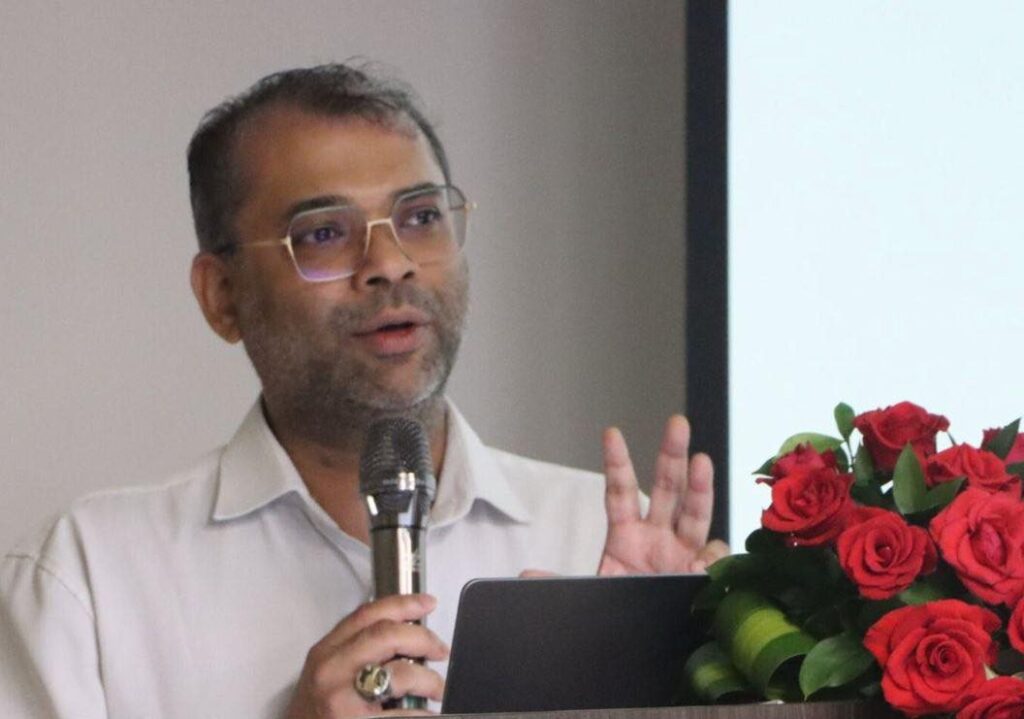
As of November 2024, Malaysia hosts approximately 192,170 refugees and asylum-seekers registered with the UNHCR. The majority are from Myanmar, including around 111,410 Rohingya refugees, with others originating from Pakistan, Yemen, Somalia, and Afghanistan.
The government has recently said that the specifics of the proposed policy to allow refugees to work are still under review, with Minister in the Prime Minister’s Department (Federal Territories) Dr Zaliha Mustafa stressing that all refugees and asylum seekers must first be officially registered with the authorities.
“At present, the government is implementing National Security Council Directive No. 23: Policy and Mechanism for Managing Refugees and Asylum Seekers (2023 revision), which was signed by the Prime Minister on 14 June 2023. This directive will guide the government’s management of refugees, including defining the roles and responsibilities of relevant agencies,” she said in Parliament on Tuesday.
Dr Zaliha reiterated that Malaysia is not a signatory to the 1951 Refugee Convention or its 1967 Protocol, but has provided social assistance to certain groups of refugees on humanitarian grounds.
She noted that refugees are allowed to remain in Malaysia temporarily before being resettled in a third country or repatriated to their country of origin.
Meanwhile, co-founder and chief executive of recruitment consultancy Malaysia HR Forum Arulkumar Singaraveloo said the decision to allow refugees to work in Malaysia has both benefits and challenges.

“On the positive side, it could help alleviate the ongoing shortage of migrant workers. Since refugees are already in the country, providing them with legal employment would not only support industries in need—such as construction, plantations, agriculture, manufacturing, and the food and beverage sector—but also offer these refugees means to survive,”
However, Arulkumar said granting employment rights to refugees may encourage more to seek refuge in Malaysia, potentially straining national resources if not properly managed.
Without a clear regulatory framework, the situation could escalate, similar to challenges faced by some Western nations. Additionally, there is uncertainty regarding the duration of their legal employment, he said.
“Unlike documented migrant workers, who have a maximum stay of 13 years, it remains unclear how long refugees would be allowed to work in the country,”
“To ensure this move is effective, a well-structured mechanism is essential to regulate refugee employment opportunities while maintaining control over labour market dynamics and migration patterns. A long-term view is needed to ensure the sustainability of this decision,” he said. – February 14, 2025

